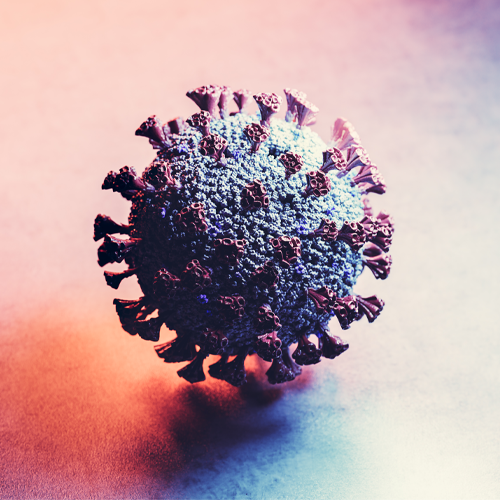HOW DOES THE IMMUNE SYSTEM WORK AND WHY IS IT IMPORTANT TO BALANCE IT?

The immune system is the body's protective system involved in guarding against pathogenic microorganisms and neoplasms. Functionally, the immune response could be divided into 2 sequential goals in relation: the recognition of the foreign and its attitude and effect. When it has identified the foreign organism, the immune system performs an appropriate response called effector to remove or neutralize the organism. Lymphocytes are the central cells of the immune system, responsible for acquired immunity and the attributes of variety, specificity, memory and recognition of self and non-self, peculiar to the immune response.
Infectious pathology
Humans are constantly challenged by a plurality of microorganisms (bacteria, viruses, fungi and other parasites), responsible for various infectious pathologies that have become one of the most important public health problems.
One of the major achievements of modern medicine has been the development of antibiotics for the treatment of infectious pathologies, from the synthesis of new drugs for this purpose to the variety of antibiotic drugs available today. However, the problem of resistance is a serious problem: the resistance of Staphylococcus aureus to penicillin was reported in 1947, 4 years after the beginning of its production on a huge scale, and since then the portion and diversity of pathogenic strains resistant to new classes of antibiotics has increased. Hence, interest in the development of novel alternatives for the treatment of bacterial infections became a universal emergency. The contest for the control of infectious pathologies, far from going ahead, has acquired a totally new magnitude.
Modulation of the immune response in infectious pathology.
Since the search for safe and effective chemotherapeutic agents was hampered by antimicrobial resistance and the danger of toxicity, there is a need to understand how the immune system could be manipulated for infection control, resulting in a diverse collection of probable immunomodulatory agents, integrating both immunostimulatory and immunosuppressive agents. In the therapy of infectious pathologies, the reestablishment of a diminished immune response or the potentiation of a usual response can increase resistance to infection, minimize the severity of infection or shorten its recovery period. The aim is to activate the immune system by using modulators with a stimulatory rather than an immunosuppressive impact.


